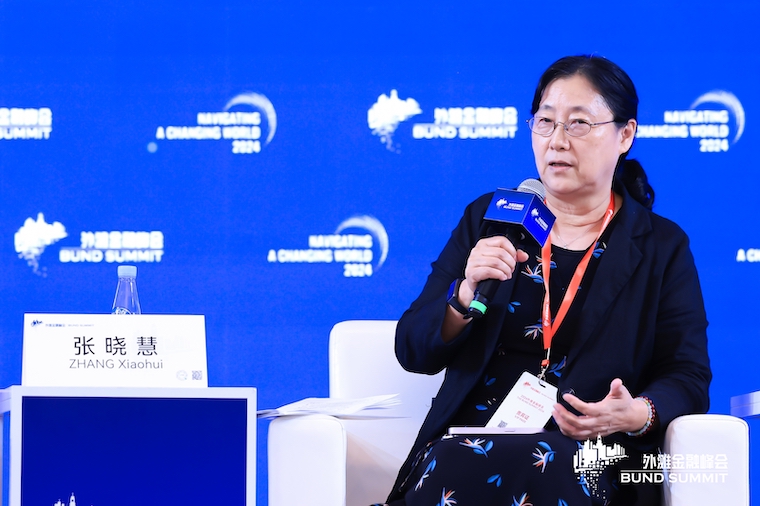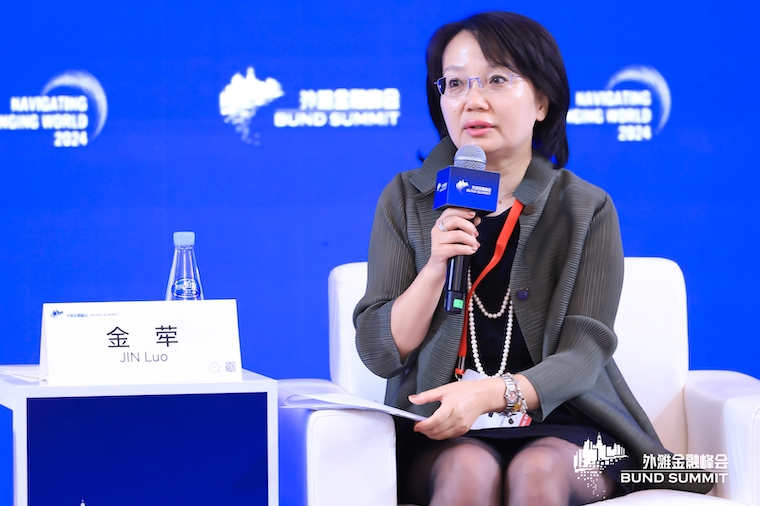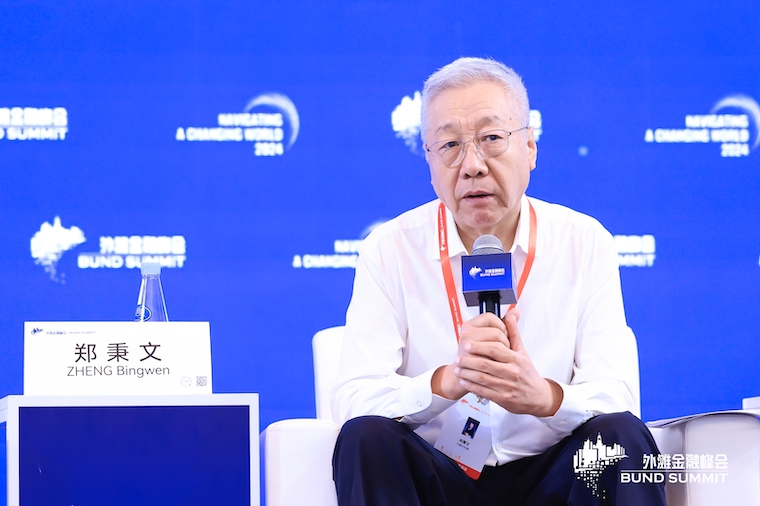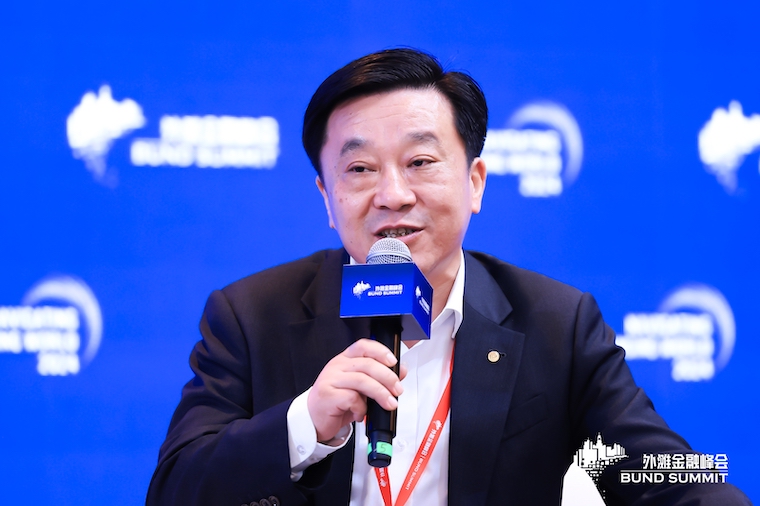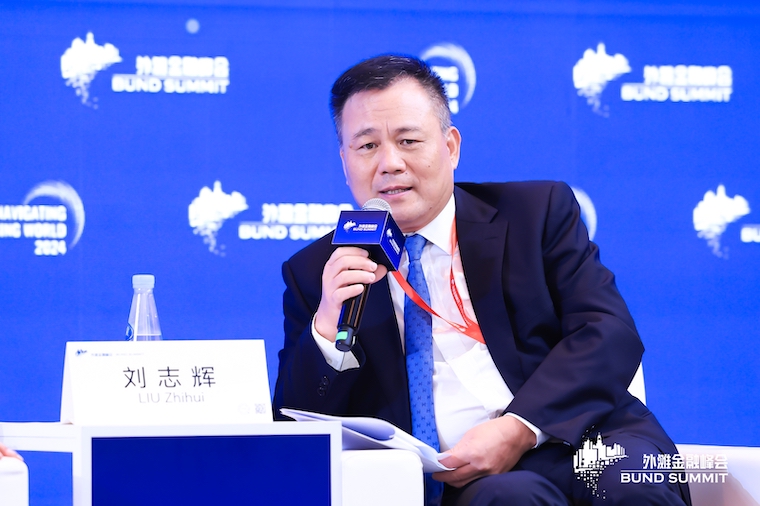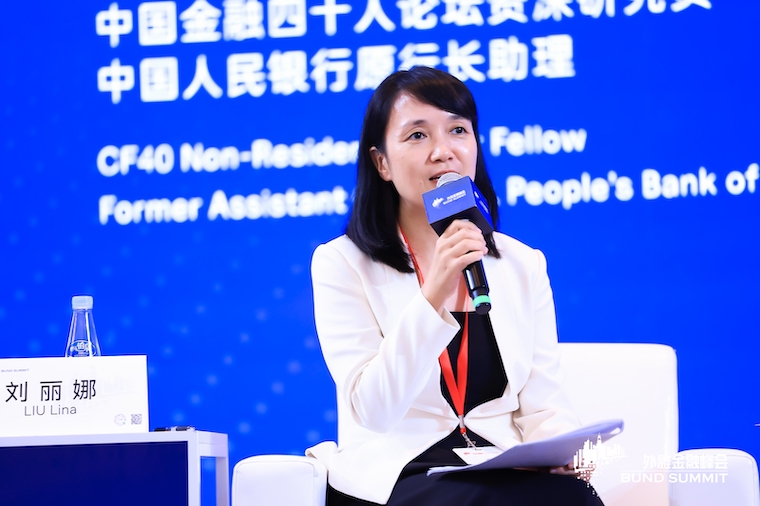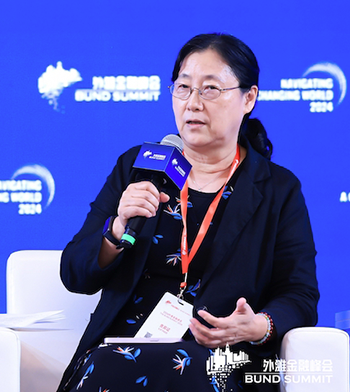

Zhang Xiaohui emphasized that elderly finance should cover three key areas: pension finance, elderly industry finance, and elderly service finance. Among these, elderly service finance is particularly critical as individuals require financial services at every stage of life. Financial institutions must adhere to a "people-centered" approach, reforming the supply side to meet the evolving needs of the elderly. This involves providing tailored financial services to offer comprehensive financial security for older adults.

ZHANG Xiaohui
CF40 Non-Resident Senior Fellow; Former Assistant Governor, People’s Bank of China
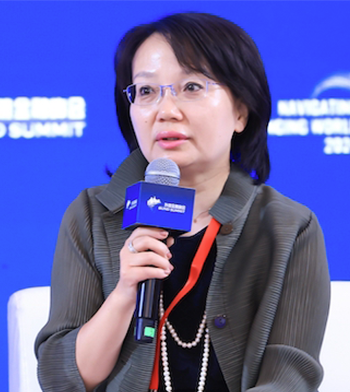

Jin Luo highlighted two prominent trends in pension system design from international experience. First is the shift from a single-pillar system to a multi-pillar one, especially by increasing the share of the second and third pillars. Second is the transition from defined benefit (DB) plans to defined contribution (DC) plans. The design should consider several factors, such as coverage, gender equality, benefit adequacy, management efficiency, and cost. Financial sustainability and actuarial balance must also be taken into account. The design must be dynamic, in line with the national context, and adaptable to better address the challenges posed by aging populations.

JIN Luo
Vice Chairperson, National Council for Social Security Fund


ZHENG Bingwen stressed the need to consolidate the achievements of China's third-pillar pension insurance system. He further pointed out that reforming the capital market is essential to restoring confidence in the third pillar. A a package of policies to revitalize the capital market and boost investor confidence since the last year is crucial for enhancing the third pillar’s attractiveness. Besides external reforms, internal adjustments are also necessary. For instance, the current range of products is limited, and homogeneous competition exists. Expanding product diversity and offering more options could improve the system.

ZHENG Bingwen
Director, World Social Security Research Center, Chinese Academy of Social Sciences
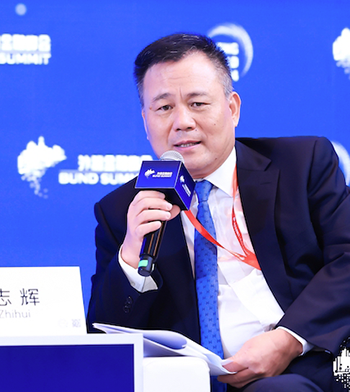

Liu Zhihui suggested that securities firms can provide support for wealth management in the pension sector. Given the long investment cycle, significant capital requirements, and uncertain returns in the elderly care industry, its funding mainly relies on government and insurance support. In this context, securities firms can contribute through innovative financing tools such as asset-backed securities (ABS), real estate investment trusts (REITs), and specialized bonds for the elderly care industry, thereby unlocking more financial resources for the sector.

LIU Zhihui
President, Industrial Securities


Li Jing noted that there are significant structural differences in pension reserves among different income groups. The coverage of basic pensions should be further expanded and strengthened, particularly for workers in emerging industries. Drawing from international experiences, such as Germany's "Riester Pension," where the government provides financial subsidies to encourage individuals to save for retirement, could enhance the overall level of pension security in China.

LI Jing
Deputy General Manager, Changjiang Pension
Watch the highlights



